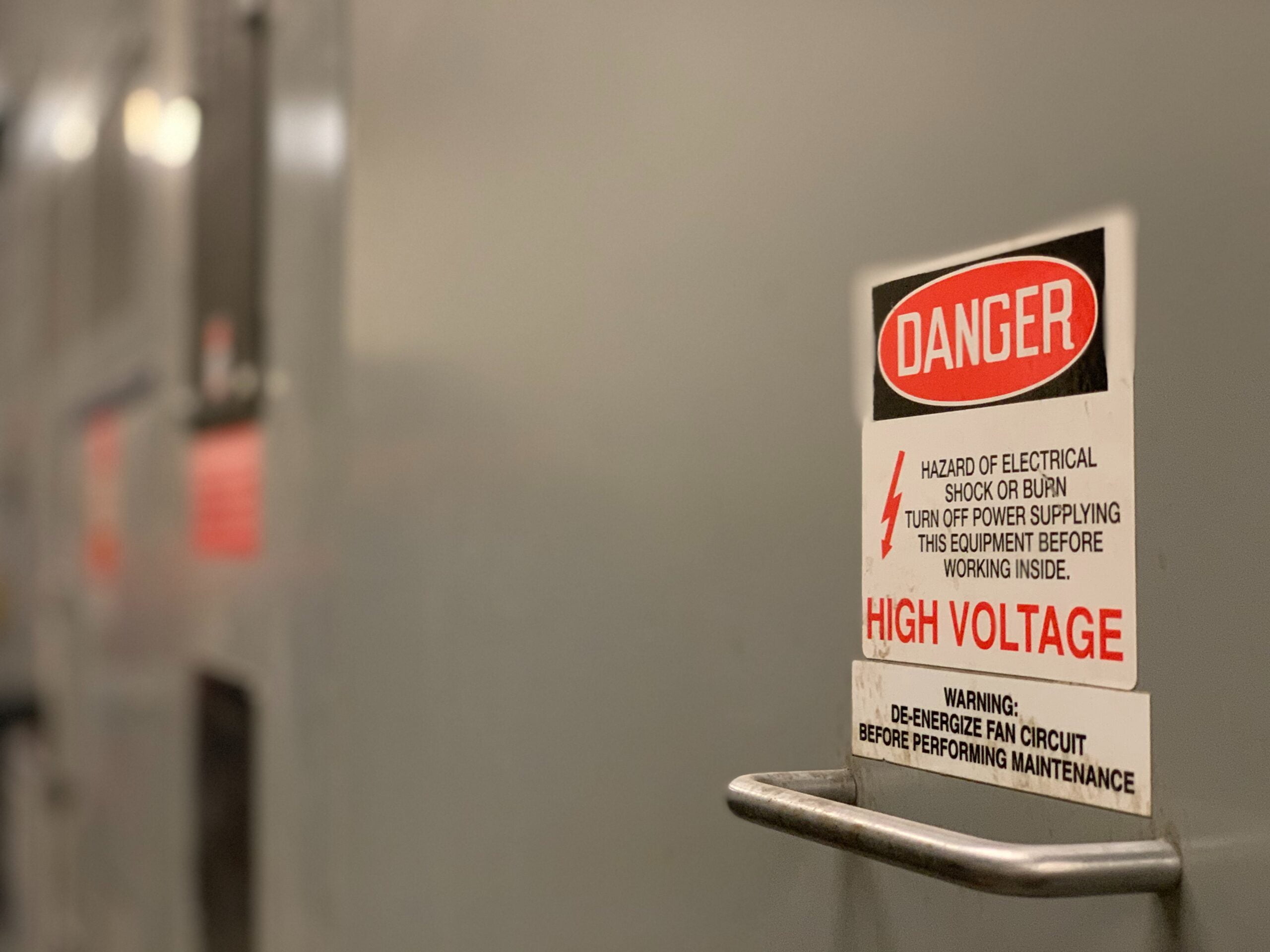Introduction
When it comes to the electrical systems in your home, safety should be your top priority. Faulty wiring and electrical malfunctions can not only be inconvenient but also pose serious risks to your family and property. In this blog post, we will share some essential safety tips for homeowners to help you stay safe and protect your home from electrical hazards.
Signs of Faulty Wiring
Faulty wiring is a common cause of electrical accidents and fires in homes. It is important to be aware of the signs that indicate you may have faulty wiring in your home. These signs include:
- Frequent tripping of circuit breakers or blown fuses
- Dimming or flickering lights
- Burning smell coming from outlets or switches
- Hot or discolored outlets or switches
- Sparks or electrical shocks when plugging or unplugging devices
If you notice any of these signs, it is crucial to address the issue promptly. Ignoring faulty wiring can lead to more serious problems and increase the risk of electrical accidents.
The Benefits of Regular Electrical Check-ups
Regular electrical check-ups are essential to ensure the safety and functionality of your electrical system. Here are some of the benefits of scheduling regular check-ups:
- Identifying and addressing potential hazards: A professional electrician can identify any faulty wiring, outdated electrical panels, or other potential hazards during a check-up. By addressing these issues early on, you can prevent accidents and costly repairs in the future.
- Ensuring compliance with electrical codes: Electrical codes and regulations are constantly evolving to ensure the safety of homeowners. Regular check-ups can help you stay up to date with these codes and ensure that your electrical system meets the required standards.
- Extending the lifespan of your electrical system: Regular maintenance can help identify any issues that may be affecting the performance and lifespan of your electrical system. By addressing these issues promptly, you can extend the lifespan of your electrical system and avoid premature replacements.
- Enhancing energy efficiency: An inefficient electrical system can result in high energy bills. During a check-up, an electrician can identify any energy-wasting issues, such as outdated appliances or inefficient wiring, and suggest ways to improve energy efficiency in your home.
Electrical Safety Tips
While regular check-ups are crucial, there are also some simple electrical safety tips that homeowners should follow:
- Never overload electrical outlets or extension cords. Spread out your electrical devices across multiple outlets to prevent overheating.
- Do not use damaged electrical cords or appliances. Frayed cords and damaged appliances can increase the risk of electrical shocks and fires.
- Avoid using water near electrical appliances or outlets. Water is a conductor of electricity and can lead to electrocution.
- Install ground fault circuit interrupters (GFCIs) in areas where water is present, such as kitchens, bathrooms, and outdoor outlets. GFCIs can quickly shut off power in case of a ground fault, reducing the risk of electrical shocks.
- Keep flammable materials away from electrical sources. Flammable materials, such as curtains or furniture, should be kept at a safe distance from outlets, heaters, and other electrical devices.
By following these simple safety tips and scheduling regular electrical check-ups, you can ensure the safety of your home and reduce the risk of electrical accidents. Remember, electrical safety is not something to be taken lightly. If you have any concerns about your electrical system, it is always best to consult a professional electrician.


Leave a Reply